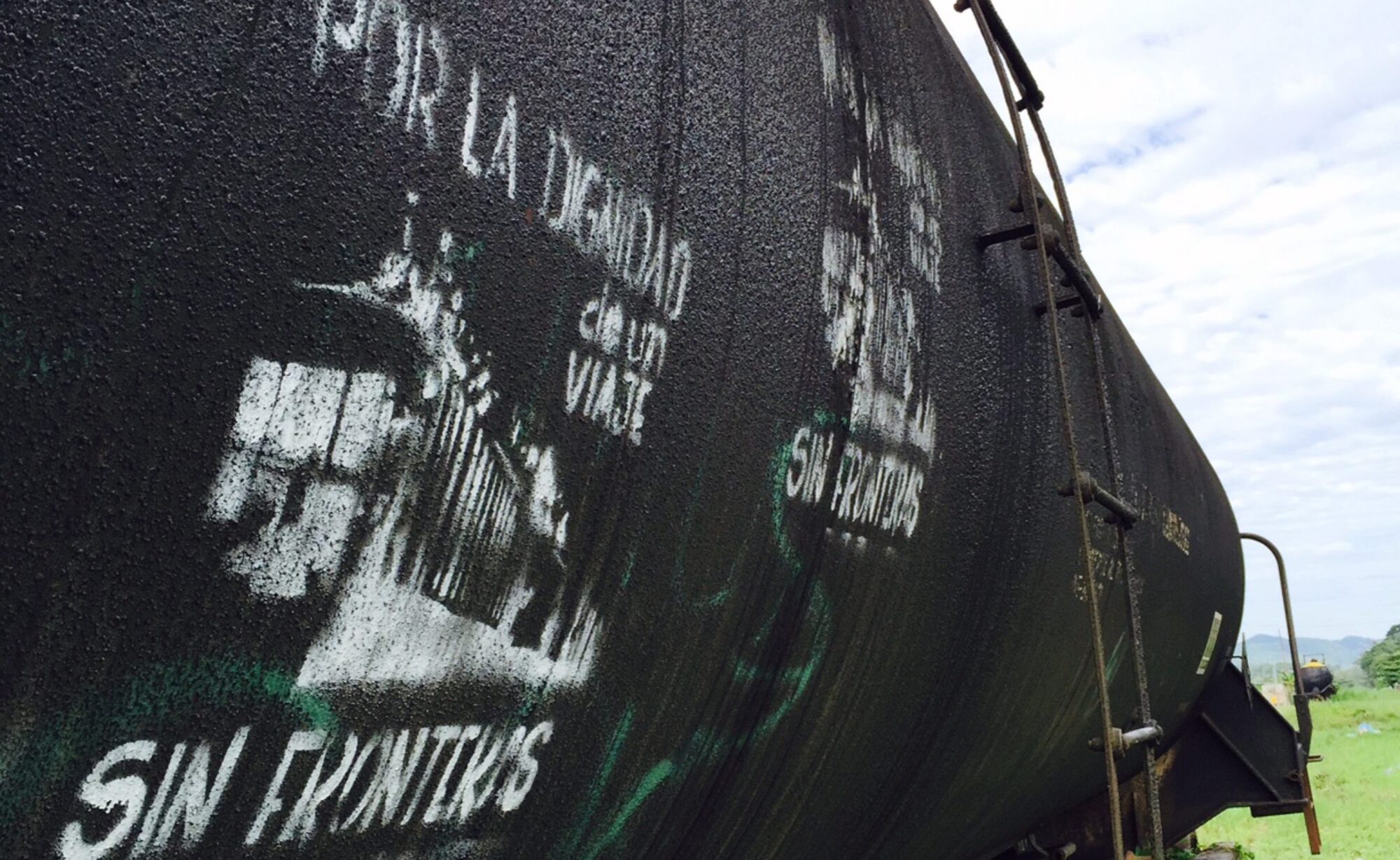Renowned author and scholar explains that it “is not a crisis of the border but one that is due to the border.”
In the national conversation on borders, meaningful discussions about alternatives—including open borders, no borders, or demilitarization—are often deemed impractical and not given the consideration they deserve. This is one of the reasons that today we speak with author, scholar, and activist Harsha Walia, who wrote at the end of her 2021 paradigm-shifting book Border and Rule: Global Migration, Capitalism, and the Rise of Racist Nationalism, “A no borders politics is not abstract, it is grounded in material and lived impacts of our world, scarred by warfare and warming.” Harsha is also the author of Undoing Border Imperialism.
In today’s interview Harsha reframes the border and shows that bordering is not simply a wall but an expansive, omnipresent regime, one that is connected to capitalism and colonialism and that has racist roots. In this sense, she points out three things to keep an eye on with regard to the Joe Biden administration, and argues for the importance of a no borders political project. As she writes in Border and Rule, “Like the regime of private property, borders are not simply lines marking territory; they are the product of and produce social relations that we must emancipate ourselves from.”
We owe Harsha a great deal of gratitude since she answered these questions under much duress, surrounded by floods and mudslides after torrential, record-breaking rains drenched her home in British Columbia, Canada.
Read the interview here.
